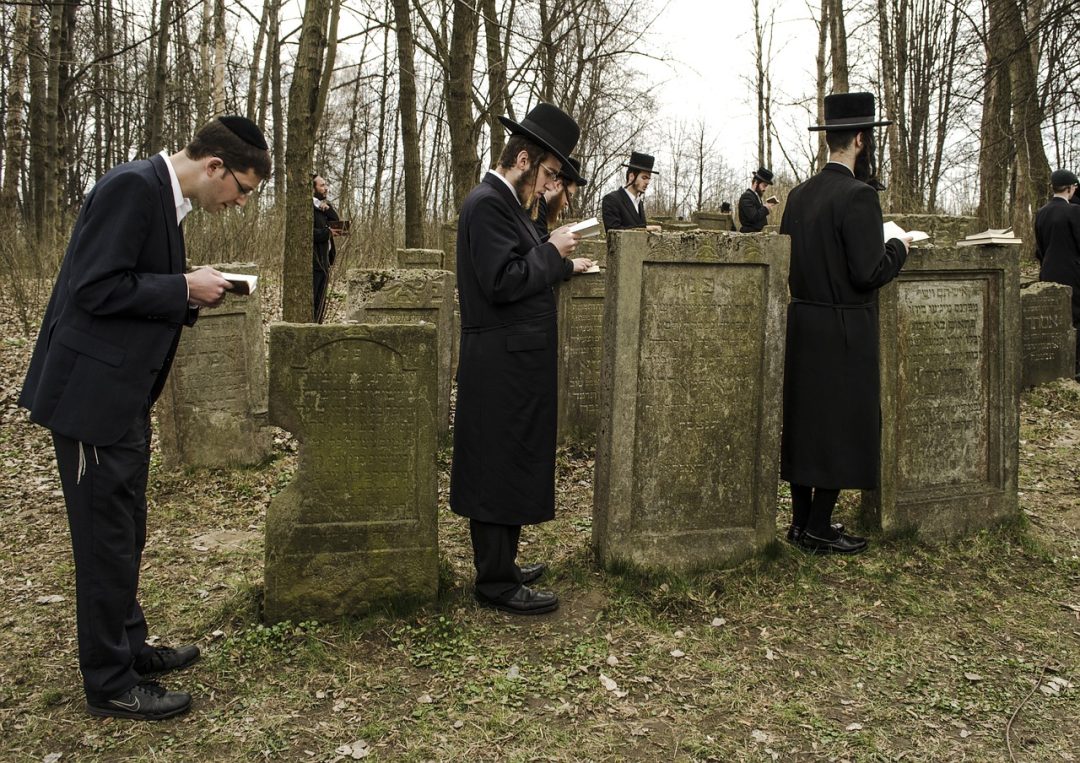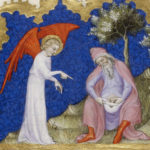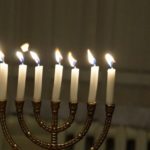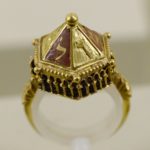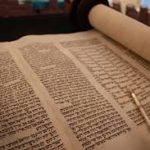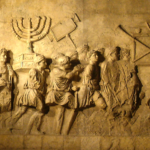Jewish Belief of Death and Afterlife
In the Jewish religion death is not a tragedy. Death is simply part of the process. There is a firm belief in an afterlife where the soul continues on.
The funeral rituals are quite extensive in Judaism. However there are really only two underlying purposes for the rites; nihum avelin, to comfort the living who miss their loved ones and kavod-ha-met, to show respect comfort for the dead.
The care for the dead is an important part of showing respect.
The eyelids are closed, the body is laid on the floor and candles are lit next to the body. The body is never left alone until the actual burial. The people who sit with the dead are called shomerim, which means keepers or guards.
The Jewish Burial
The body is prepared differently for a Jewish burial. The body is not embalmed. Cremation is not an option. The body is cleaned and wrapped in a plain and simple shroud. A wealthy or poor person would be clothed in the same shroud so there is an honor to either in death.
 There are specifically seven family member relationships that participate in the grieving process directly. These family members are mother, father, sons, daughters, brothers, sisters, husband and wife. It is tradition when one of these family members learns of the passing of a family member they tear their shirt. A parent would tear the right side of the shirt as they are the ones who brought the deceased to this world. Other members tear the left side.
There are specifically seven family member relationships that participate in the grieving process directly. These family members are mother, father, sons, daughters, brothers, sisters, husband and wife. It is tradition when one of these family members learns of the passing of a family member they tear their shirt. A parent would tear the right side of the shirt as they are the ones who brought the deceased to this world. Other members tear the left side.
From the time of death to the burial the main responsibility of the mourners is to care for the body and make arrangements. For obvious reasons, this is usually done within two days of the death, so there isn’t much time for anything else.
After the burial, the family is provided with the meal of condolence. Traditionally this would be a meal of eggs and bread. Eggs are a sign of life. This meal is for the family only. After the meal condolence calls are permitted.
The next step is Shiva.
This is the formal seven days of mourning for the family. It is customary that the mourners stay in the same household together. They sit on stools or cushions that are low to the floor. They do not shave or cut their hair. They don’t attend school or work. The doors of the home are left unlocked so visitors will not disturb the mourning by knocking or ringing doorbells. All the rules of Yom Kippur are followed as well. Mirrors in the house are all covered. Prayer services are conducted as well.
There are more ceremonies that are held for the next 30 days and again on anniversaries of the death. They are separated by what relationship the mourner had to the deceased.
The term respect rings true throughout the entire process.
Reference:
www.religionfacts.com
www.jewish-funerals.org
www.jewfaq.org

